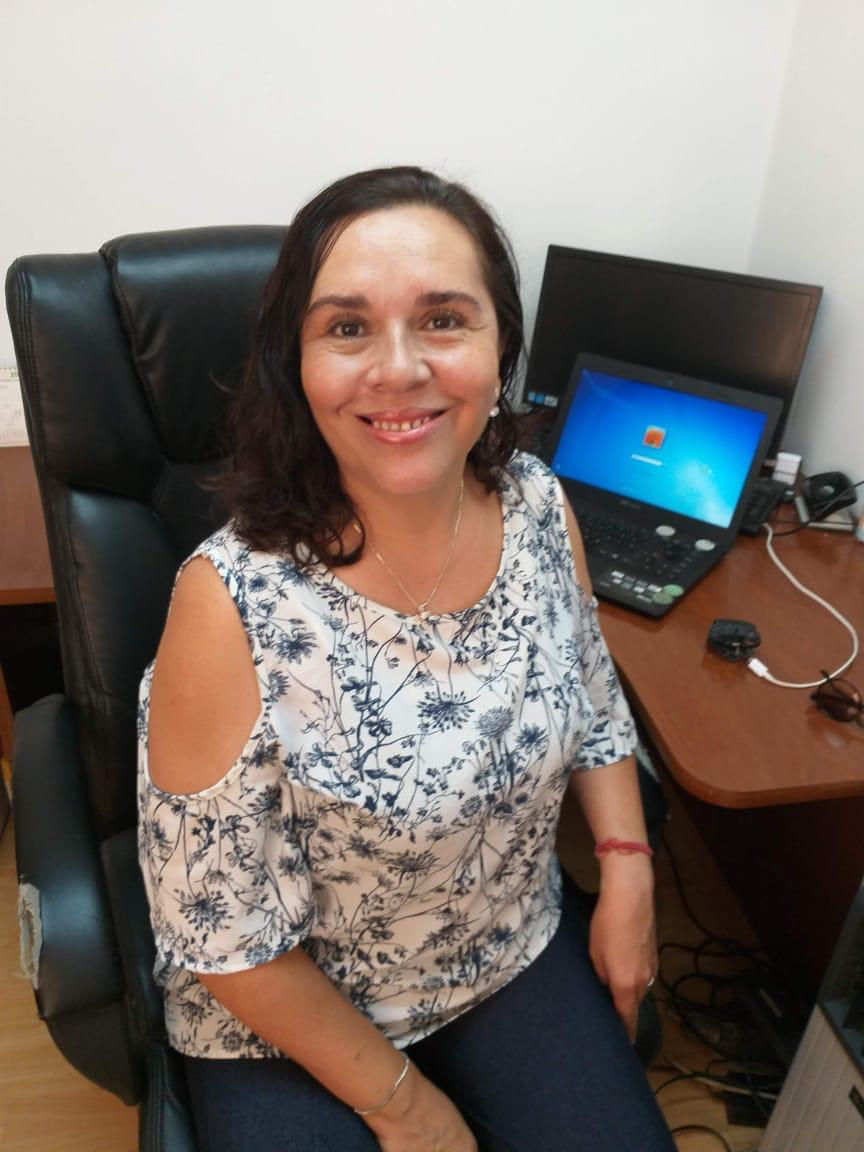What does the role of a genealogist entail?
- ADN y Genealogia

- Oct 6, 2025
- 3 min read

Ruby Baeza, from DNA and Genealogy, tells us the main aspects of a genealogist's work.
1. How did you discover your calling for genealogy and what led you to become a genealogist? I discovered this passion for genealogical research by listening to my paternal grandmother, who loved talking about family and her ancestors. I became a researcher based on my ability to manage and cross-reference vast databases. Genealogy is a puzzle of information.
2. For those who don't know, what exactly does a genealogist do? A genealogist is an expert who uses family research to establish or prove legally valid kinship ties. Their job is essentially to act as an expert witness before courts or authorities.
3. How does the work of an amateur genealogist differ from that of a professional genealogist? The fundamental difference between the work of an amateur genealogist and a professional genealogical expert lies in the purpose, methodological rigor, and legal validity of their findings. While an amateur genealogist seeks to construct a family history out of personal interest, a professional genealogical expert produces a technical and objective opinion that can be used as evidence in court or in official proceedings.
4. What are the most common cases in which a genealogical expert report is required? A genealogical expert report (which often involves forensic genetics or DNA analysis) is typically required in all cases where a family relationship or identity with legal validity needs to be proven or disproved.
5. What training and experience are required to become a genealogical expert? In Chile, the position of genealogical expert is not always an independent specialty on the judicial payroll, but rather falls within the general category of Judicial Expert with specialized knowledge in "Science, Art, or Craft," which requires a combination of academic training, work experience, and formal application to the Judiciary.
6. What is the research process like when working on a judicial or notarial case? The research process of a genealogical expert, whether for a court (judicial) or a notary (notarial), is governed by strict methodological and legal rigor. The ultimate goal is to convert genealogical research into an Expert Opinion, a document that must have probative value.
7. What impact have new technologies and digital archives had on your work? The impact of new technologies and digital archives on genealogical expert work has been transformative and exponential. They have radically changed the speed, scope, and methodology of research, raising the standard of evidence that can be presented in court.
8. What do you think about the rise of DNA testing in genealogy? Do they complement or complicate forensic work? The rise of DNA testing is, without a doubt, the most significant innovation in 21st-century genealogy. In my opinion, they fundamentally complement forensic work, offering a means of scientific proof that is often necessary in legal matters. However, they also complicate the work by introducing ethical, methodological, and interpretive challenges.
9. What difficulties do you most often encounter (missing records, namesakes, lost documentation, etc.)? Difficulties in genealogical forensics are constant and inherent to the nature of historical research and the handling of sensitive information. The most common problems are usually threefold: documentary, identity, and those inherent to genetic evidence.
10. Are there any myths about genealogy or expert work that you would like to debunk?
11. Where can those who want to learn more about your work or request your services find you? On social media: LinkedIn, Facebook, Instagram, our website www.adnygenealogia.cl, email adnygenealogia@gmail.com,



Comments